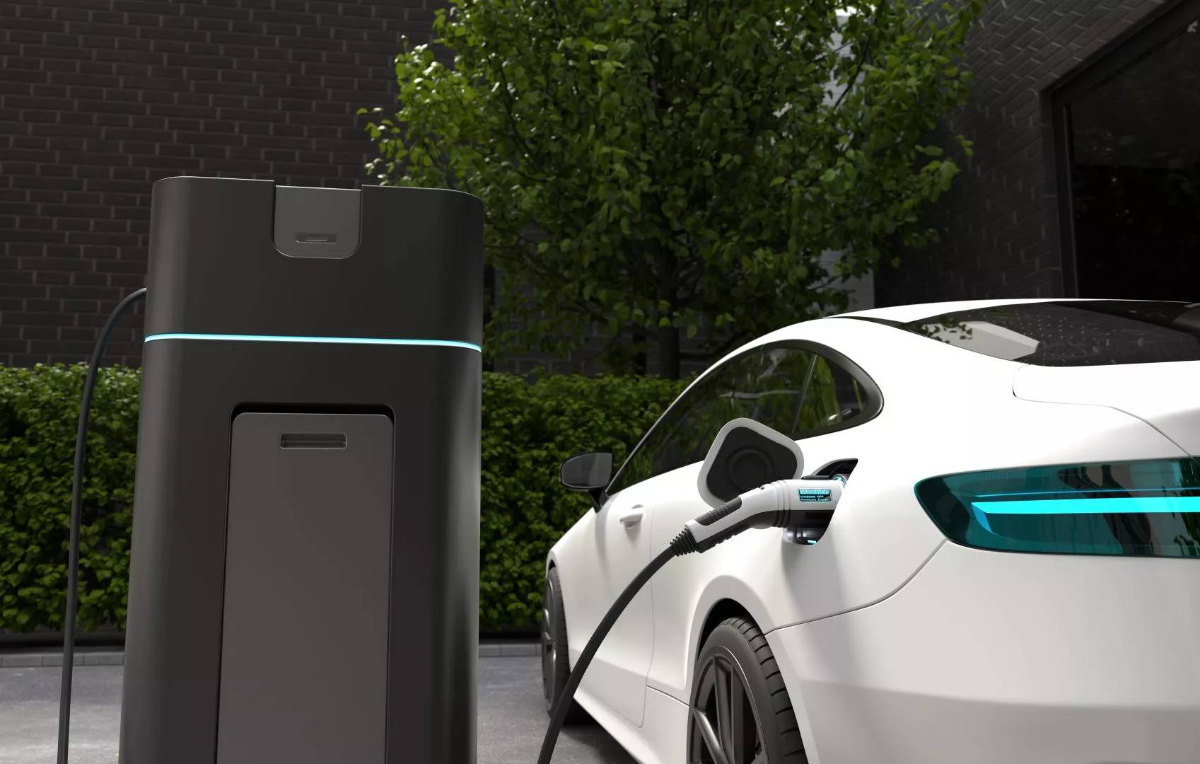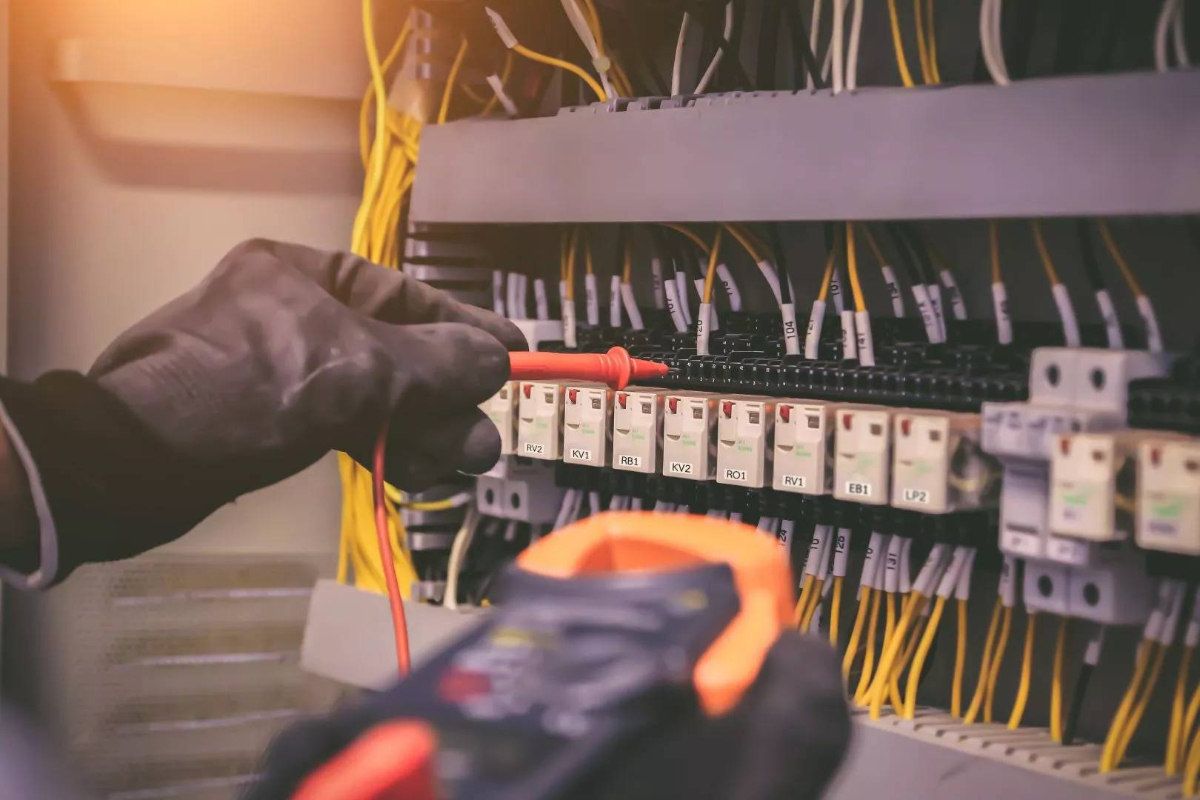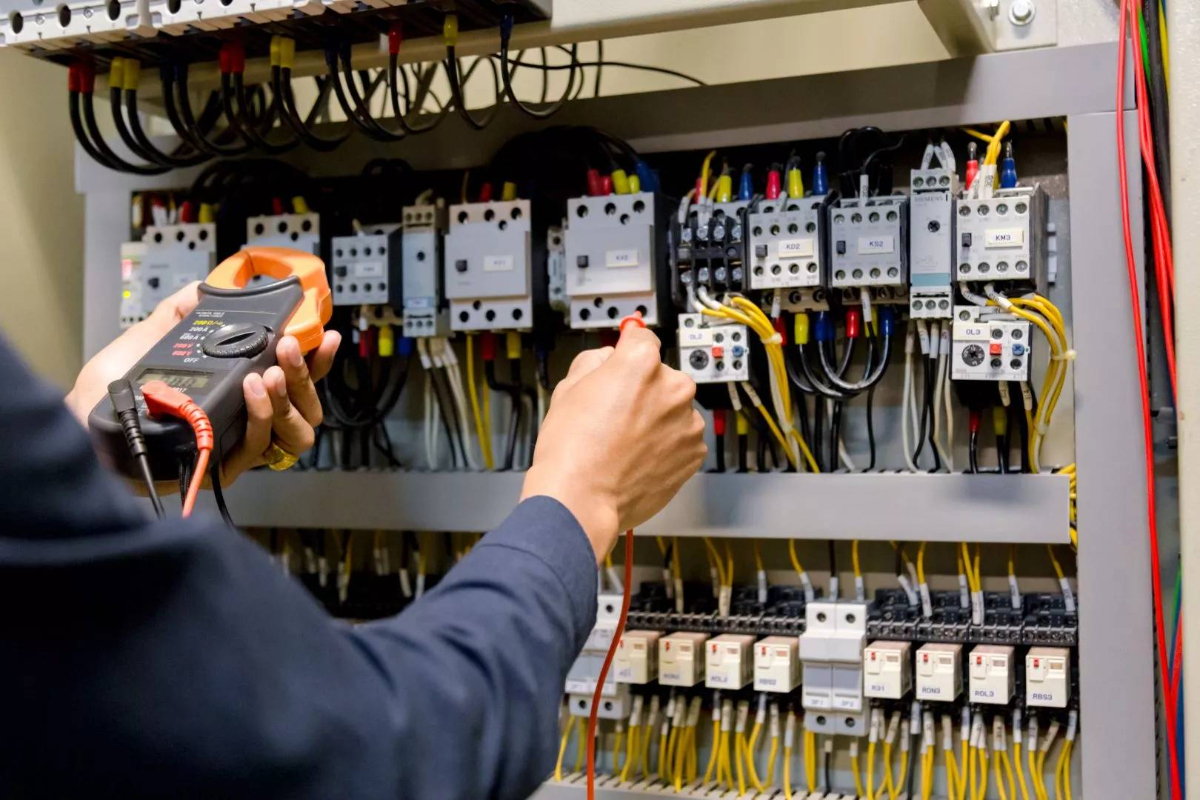Is it worth investing in EV charging stations? Unlock the benefits of investing in Electric Vehicle (EV) charging stations for your business or property.
From attracting environmentally-conscious customers to tapping into the growing market of EV owners, explore the economic and environmental advantages.
Do I need permission to install EV charger?
As electric vehicles (EVs) grow in popularity, many homeowners are considering the installation of EV charging stations at home. One crucial question that arises in this context is whether you need permission to install an EV charger. The clear and simple answer is generally, no. In most instances, planning permission is not required because installations are usually classified as 'permitted development'.
However, certain conditions must be met for the procedure to fall under this category. These conditions could include specific rules on the location of the charger, as well as detailed guidelines on how the installation impacts the visual appeal of the nearby area. Before starting the installation, it's essential to liaise with your local council, particularly in special situations, such as the EV charger being installed in a conservation area or a Grade Listed property.
Organising these details in advance will help ensure the process is not hindered by unexpected obstacles. It's always a good idea to gather all the necessary information regarding the rules and regulations of EV charger installations. Being well-informed will help in navigating the process smoothly. Keep in mind that the benefits and convenience of having a home EV Charger make the effort worth it.
Is it worth investing in EV charging stations?
Choosing to invest in Electric Vehicle (EV) charging stations is arguably one of the most astute decisions that an individual or business can make. The process of installing these stations is generally more affordable than expected and usually straightforward to oversee.
In an age where commitment to sustainable living is escalating, EVs are emerging as a top priority. This growth is fuelling the increasing need for accessible charging stations. With this in mind, installation is happening proactively in homes, businesses and public locales.
This critical move not only contributes towards a more eco-friendly future but also aids in significantly lessening our reliance on fossil fuels. Beyond the undeniable environmental benefits, setting up a charging station can also boost the value of your property.
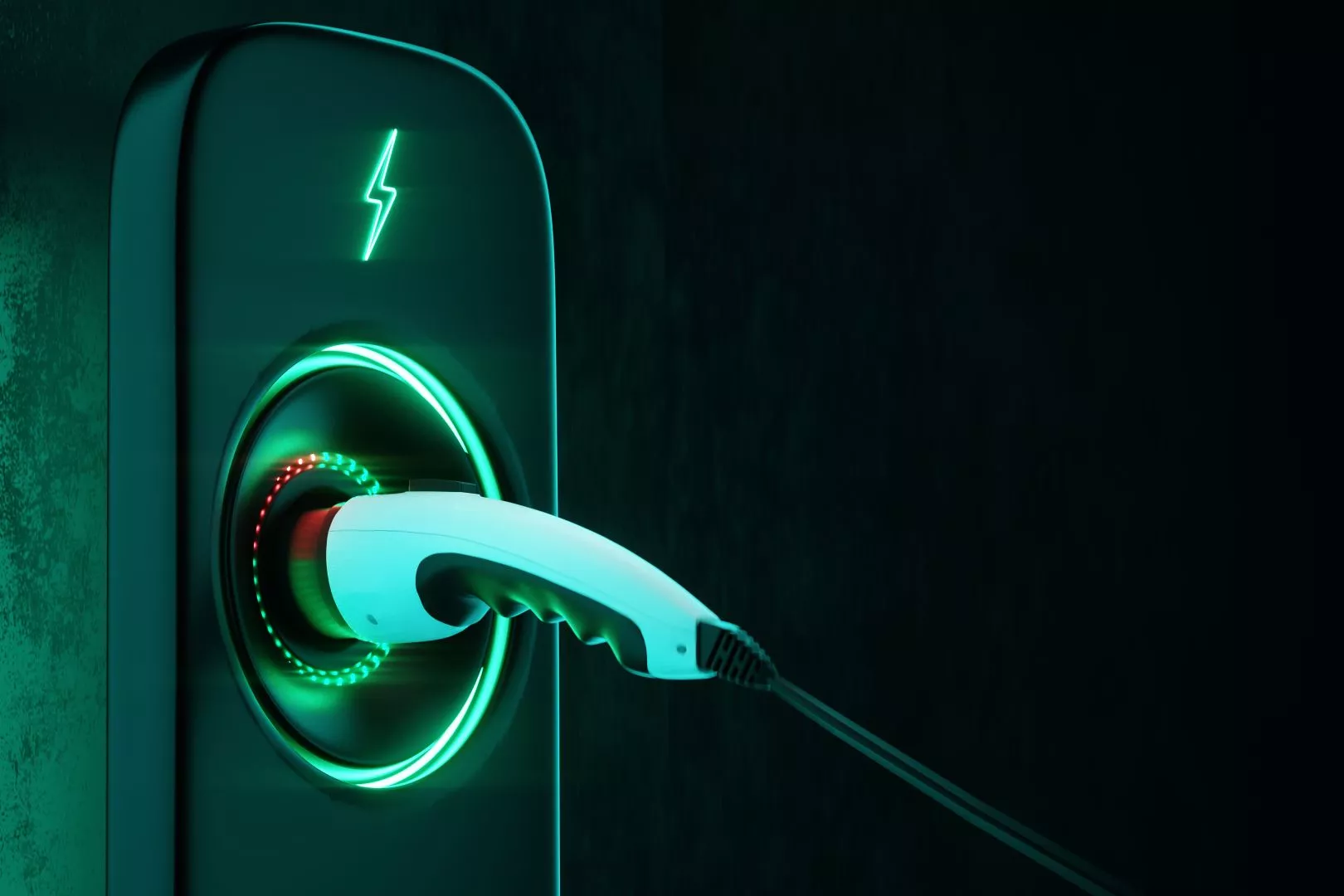
As more people realise the cost-effectiveness and environmental benefits of EVs, having a convenient charging station at a key location has become increasingly attractive. This convenience caters directly to the rapidly expanding community of environmentally conscious EV owners who are looking for easily accessible charging points.
Furthermore, multiple governments worldwide are promoting the installation of EV chargers by providing various incentives. This additional support makes the investment even more enticing. This isn't solely an investment in a physical product. Instead, it's a direct contribution to a sustainable future and a fast-growing market opportunity. The path to a cleaner, greener world could well be signposted with EV charging stations.
Ultimately, the decision to invest in EV charging stations not only supports the global movement towards sustainability but also presents advantageous financial and economic prospects. Beyond the initial installation, these stations provide continued benefits in the form of reduced running costs and potential increased property value, an appealing prospect for both businesses and consumers alike.
How long does it take to install an EV charging station?
The process of installing an EV charging station is typically a smooth and efficient one. It usually takes between 2 to 4 hours to complete, though the exact timeframe can vary based on a number of factors. These factors include the specific location where the charger is to be installed, the distance to the nearest appropriate electricity source, and the unique specifications of the property. In turn, these aspects could contribute to the complexity of the installation, lengthening the timeframe.
However, with expert installers on the job, these factors can be managed proficiently to make sure the job is done in the most efficient way possible. There are distinct advantages to having your EV charger installed by a professional. Notably, you can be confident that your charger is accurately and safely installed. This not only ensures the optimal operation of the charger but also helps to prevent potential complications or issues further down the line.
Therefore, it is highly recommended to opt for professional installation to safeguard the functionality of your EV charger. After all, it's a crucial step in adapting to eco-friendly transportation and enjoying the benefits of electric vehicles. So, in order to make the most of it, the installation process should be handled with care and expertise.
Who can install an EV charger in your home?
Choosing to install an Electric Vehicle (EV) charger at your home should not be taken lightly. The procedure is definitely not a task for a beginner, instead, it mandates the expertise of an experienced electrical contractor.
Only such professionals can promise a more secure and efficient installation whilst making sure it aligns with up-to-date regulations and standards.
The temptation to take on the task yourself might be high, however, the potential risks far outweigh the benefits. If installed incorrectly, EV chargers could provoke harmful safety issues and fail to meet the required standards.

So, it's fundamental to employ a professional installer, and it's equally vital to check their qualifications. The electrical contractor you engage to install your EV charger must be accredited by the Office for Zero Emission Vehicles (OZEV) in the UK.
If your installer has OZEV approval, it's an indication of their high level of competency and reliability. There are numerous advantages to employing an OZEV-endorsed installer, one of which includes their ability to apply for government grants. These grants can drastically reduce the total expense of both the EV charger unit and its installation for homeowners.
In summary, recruiting an OZEV-endorsed installer not only helps you save money but also ensures a high-quality installation. Furthermore, you can have peace of mind knowing the finished job is compliant with safety standards and regulations. So, it's clear that the benefits of hiring a professional are well worth the investment.
What are the different types of EV charger?
When it comes to electric vehicle (EV) chargers, there are primarily three types - Level 1, Level 2, and DC Fast Charging, also referred to as Level 3. Understanding the distinction between these three types of chargers is essential for EV users, as it helps to match the charger type to the user's needs based on factors like charging speed, intended usage, location, and budget. Starting with Level 1 chargers, these utilise a standard 13-amp plug and offer the slowest charging time.
Due to their slower pace, these chargers often require an overnight duration to fully charge an EV. They are typically ideal for home usage where the vehicle can be left to charge for an extended duration of time, such as overnight. The next step up from Level 1 chargers is Level 2. These chargers are more powerful, meaning they can charge an EV fully in just a few hours compared to the overnight requirement of Level 1 chargers.
Their quicker charging time makes them a common sight in public spaces like shopping centres, restaurants, and workplaces, where users are likely to leave their vehicles for a few hours and benefit from a quicker charge. The more advanced charger, the DC Fast Charging or Level 3 charger, cuts down charging time dramatically. With these chargers, an EV can be fully charged in a mere 30 to 60 minutes.
Because of their superior charging speed, DC Fast Charging stations are often strategically placed along motorways and in busy public areas to offer EV users an efficient, quick charging solution when they're on the go. To conclude, the type of EV charger required does depend on several factors. With Level 1 chargers ideal for home use due to their lengthier charging time, Level 2 chargers suited for public spaces due to their moderate charging duration, and DC Fast Charging stations designed for quicker, on-the-go charging, there's an EV charging solution for everyone based on their unique needs and preferences.

Commercial EV Charging Installations
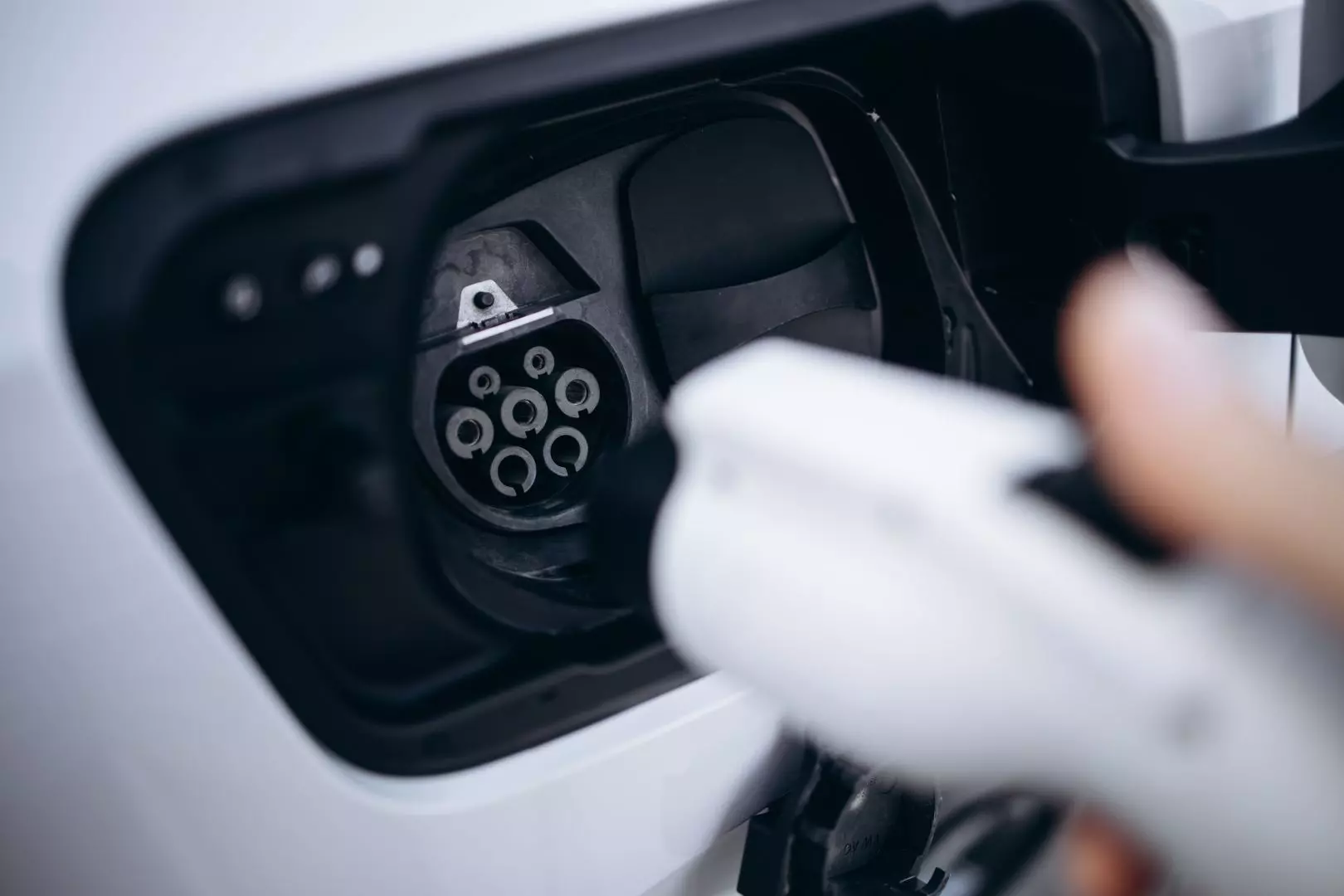
How EV Charging Works
For reliable EV charging point installations electricians in Rotherham, Sheffield and Leeds, trust Electrics Services Sheffield. We have built a solid reputation, grounded on numerous years of home electrical expertise, guaranteeing professional, high-quality service.
